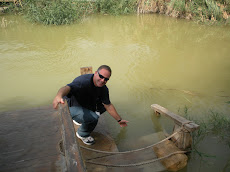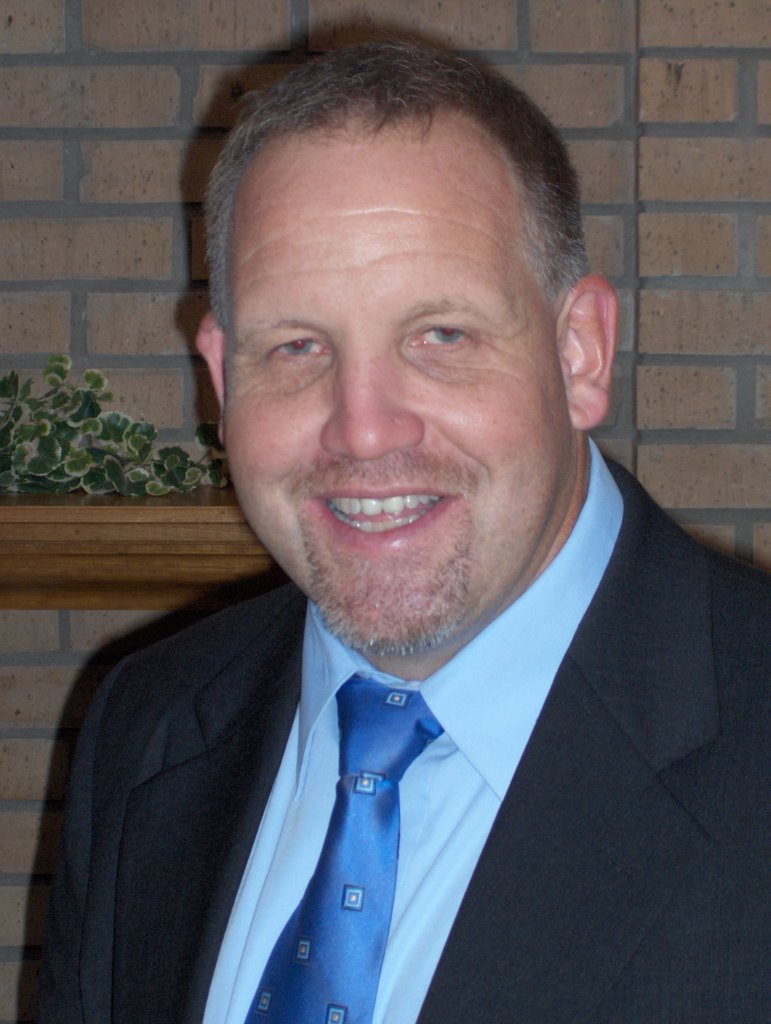Good Morning.
Wow, is America ready for a revival? Yes. The conditions are similar to the era before the Great Awakening. But the question is: "Are we praying for revival?"
Before the Great Awakening - J. Edwin Orr
Not many people realize that in the wake of the American Revolution there was a moral slump. Drunkenness became epidemic. Out of a population of five million, 300,000 were confirmed drunkards: they were burying fifteen thousand of them each year. Profanity was of the most shocking kind. For the first time in the history of the American settlement, women were afraid to go out at night for fear of assault. Bank robberies were a daily occurrence.
What about the churches? The Methodists were losing more members than they were gaining. The Baptists said that they had their most wintry season. The Presbyterians in general assembly deplored the nation’s ungodliness. In a typical Congregational church, the Rev. Samuel Shepherd of Lennox, Massachusetts in sixteen years had not taken one young person into fellowship. The Lutherans were so languishing that they discussed uniting with Episcopalians who were even worse off. The Protestant Episcopal Bishop of New York, Bishop Samuel Proovost, quit functioning: he had confirmed no one for so long that he decided he was out of work, so he took up other employment. The Chief Justice of the United States, John Marshall, wrote to the Bishop of Virginia, James Madison, that the Church “was too far gone ever to be redeemed.” Voltaire averred, and Tom Paine echoed, “Christianity will be forgotten in thirty years.”
Take the liberal arts colleges at that time. A poll taken at Harvard had discovered not one believer in the whole of the student body. They took a poll at Princeton, a much more evangelical place: they discovered only two believers in the student body, and only five that did not belong to the filthy speech movement of that day. Students rioted. They held a mock communion at Williams College; and they put on anti-Christian plays at Dartmouth. They burned down the Nassau Hall at Princeton. They forced the resignation of the president of Harvard. They took a Bible out of a local Presbyterian church in New Jersey, and burned it in a public bonfire. Christians were so few on campus in the 1790s that they met in secret, like a communist cell, and kept their minutes in code so that no one would know.
In case this is thought to be the hysteria of the moment, Kenneth Scott Latourette, the great church historian, wrote: “It seemed as if Christianity were about to be ushered out of the affairs of men.” The churches had their backs to the wall, seeming as if they were about to be wiped out.
How did the situation change? It came through a concert of prayer.
J. Edwin Orr, The Role of Prayer in Spiritual Awakening.
Wednesday, October 24, 2007
Subscribe to:
Post Comments (Atom)


No comments:
Post a Comment